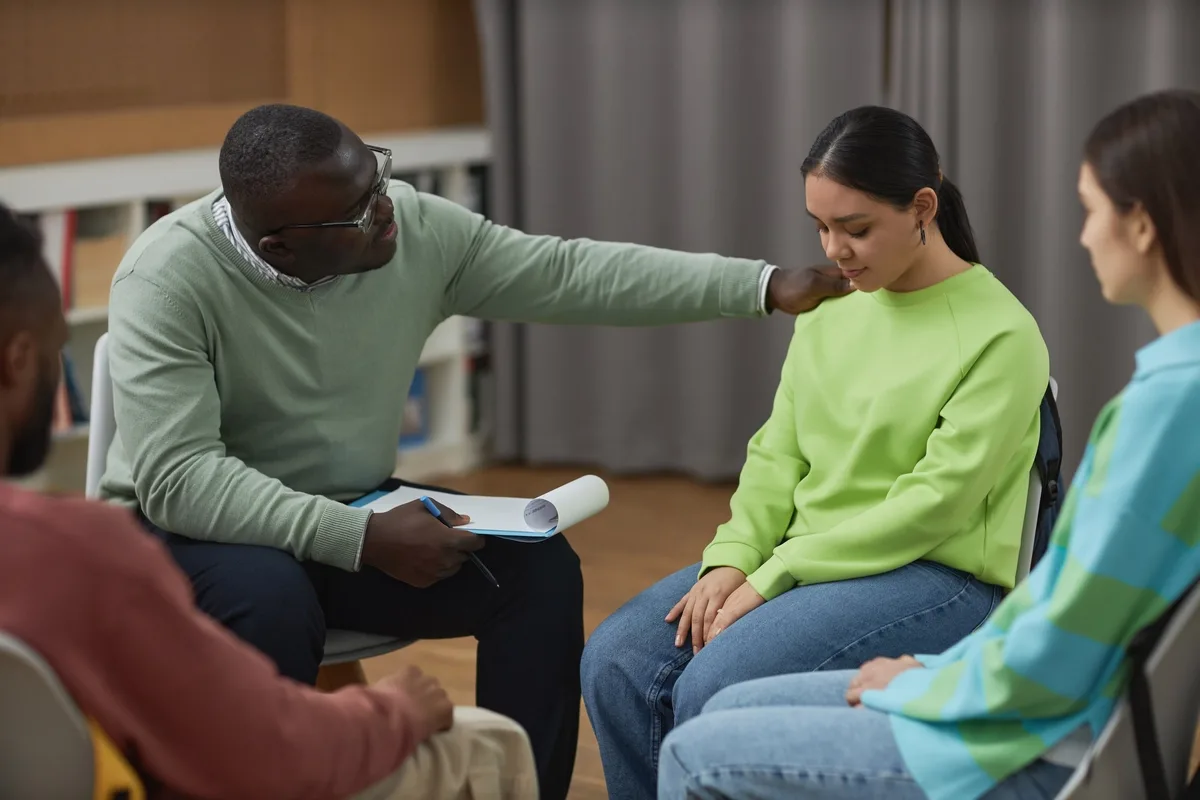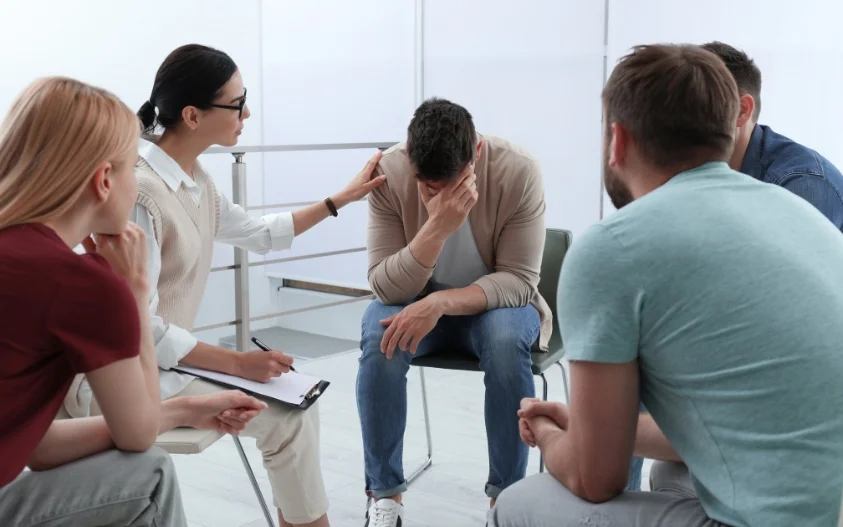24/7 Helpline:
(866) 899-221924/7 Helpline:
(866) 899-2219
Learn more about PTSD Rehab centers in Red Wing
PTSD Rehab in Other Cities

Other Insurance Options

ComPsych

Kaiser Permanente

Carleon

Horizon Healthcare Service

Sutter

Sliding scale payment assistance

Coventry Health Care

Highmark

Providence
Beacon

Oxford

Covered California

AllWell

EmblemHealth

Magellan Health

Health Partners

Cigna

Magellan

CareSource

Excellus


Wenden Recovery Services
Wenden Recovery Services is a private rehab located in Red Wing, Minnesota. Wenden Recovery Services...

Common Ground Treatment
Common Ground Treatment is a private rehab located in Red Wing, Minnesota. Common Ground Treatment s...





































































Southern Highlands CMHC
Southern Highlands CMHC is a private rehab located in Welch, West Virginia. Southern Highlands CMHC ...

Southern Highlands Community Mental Health Center
Southern Highlands Community Mental Health Center offers regular physician's services, OBMAT, DUI cl...

















































